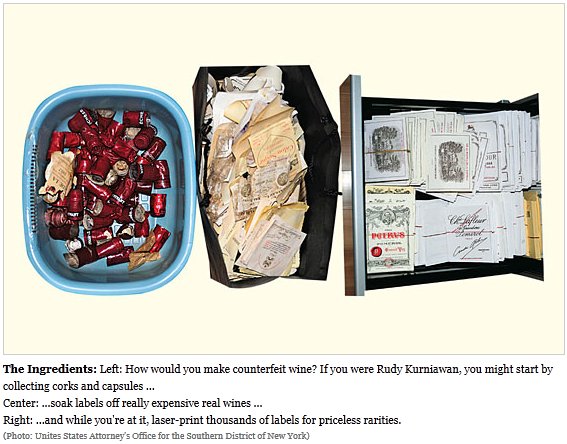This is the only thing that keeps either party within a mile of good behavior — the understanding that if you deceive the public, or act with gross incompetence, that behavior is going to be politicized and used against you.
Consider the example of the various one-party cities in this nation.
Can there be any doubt that “politicization” of one’s errors or actual violations is, while annoying for the party who has erred, the only thing that restrains a party from wholesale violations of the public trust?
Besides the obvious salutary public policy effects, there is of course a more tangible reason why records should be retained and, when subpoenaed by Congress, disclosed to that body:
Because it’s the law.
And adherence to the Law is the only thing that keeps a society of feuding political parties from degenerating into a third-world system of coups and counter-coups.
If the party I oppose shows perfect contempt for following the law when it sees a political advantage in doing so, why should I not support the selfsame law-breaking when the party I support decides it might find some advantage in doing so?
The government’s basis for rule over the citizens is based on two things:
1. Sheer naked coercive power.
And:
2. Moral authority, and the notion that, while a citizen might not like the particular government serving at any particular time, that citizen values something more eternal than the temporary political circumstances of a four year period of time.
Namely, the idea that it is best for everyone to follow the law, because it’s more important to support a stable government without turmoil and violence than to violate the law to win on any immediate, ephemeral political point.
Note that it is far better for any society that the government’s power rests more on the second pillar than on the first. Because so long as that pillar, of moral authority, of general fairness, of a general sense that the longterm interests of America are better served by adherence to government than to rebellion against it, the government will rarely, if ever, have to resort to the ultimate pillar of authority, which is physical, violent coercion.
Ace, “Sure Why Not: HHS Emails Sought by Congress To Determine Why Healthcare.gov Was Such a Catastrophe Are, Get This, Missing”, Ace of Spades H.Q., 2014-08-08.
 I listened to the KFAN game commentary last night, but that’s a big difference from actually watching the action. Matt Cassel and the first team offence put in a creditworthy opening, then Teddy Bridgewater took over. Bridgewater got some time with most of the first team still in the game, then worked with more of the second team through the rest of the first half. Christian Ponder took the field in the second series after halftime.
I listened to the KFAN game commentary last night, but that’s a big difference from actually watching the action. Matt Cassel and the first team offence put in a creditworthy opening, then Teddy Bridgewater took over. Bridgewater got some time with most of the first team still in the game, then worked with more of the second team through the rest of the first half. Christian Ponder took the field in the second series after halftime.



